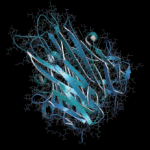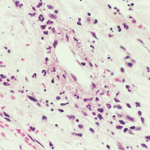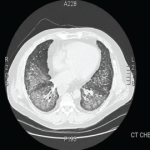The Rheumatology Research Foundation’s largest fundraising campaign, Journey to Cure, has surpassed its $60 million fundraising, raising a grand total of $61,430,466. With the support of 3,869 donors, the campaign has funded awards for more than 900 rheumatology professionals. “The success of Journey to Cure demonstrates the commitment rheumatologists and health professionals have to impacting…







